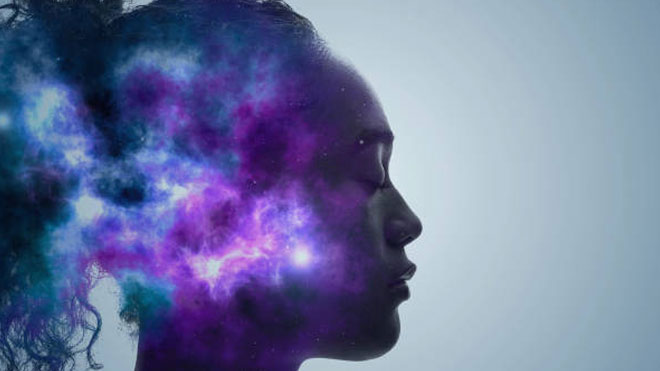These days you’ll find the word psychedelics thrown around on different platforms. You won’t have to dig deep to notice a huge following growing around the substances in question.
Psychedelics are becoming pretty popular, following a trend similar to marijuana. Already, states like Oregon have legalized psychedelic mushrooms. Universities and scientists are investing and researching the benefits of psychedelics like ketamine, LSD, and psilocybin.
Veriheal has a detailed guide on the quite famous psilocybin magic mushrooms.
What Are Psychedelics?
The DEA defines psychedelics as a particular type of hallucinogen that alters people’s state of mind.
Using psychedelics means experiencing a change in mood and cognitive perception.
These changes, commonly known as “trips,” have been associated with positive mental health outcomes.
The trips are caused by a reset of your brain’s neurotransmitters resulting in a mystical experience that helps one cope with depression, PTSD, pain, and many more mental health issues.
Here are some of the ways Psychedelics have been identified to be useful in dealing with mental health issues.
1. Depression Treatment
The mind-altering properties of psychedelics have been associated with the positive treatment of depression.
Psilocybin, famously known as the “magic mushroom,” leads the line in depression treatment.
Psilocybin is found in different mushroom species, but its unique psychedelic properties make it stand out
A 2020 study identified the dramatic effects of psychedelics after 71% of patients who took psilocybin showed significant improvement in depressive symptoms.
The conclusion is that psilocybin connects different sections of your brain, freeing you from long patterns of excessive rumination and self-focus.
With growing risks of dependence and resistance to ordinary meds, finding an alternative like psilocybin which works differently from conventional antidepressants, is a breath of fresh air.
According to a CNBC article, out of the 7% of Americans who suffer from depressive disorders, 1% have developed resistance to treatment.
2. Alleviating Anxiety
Anxiety and panic attacks are a menace to anyone suffering from them.
Most people suffering from anxiety can testify to its interference with work, family, treatment, and peace of mind.
Unfortunately, pharmacologic options like antidepressants fall short, especially for people with existential distress from chronic conditions like cancer.
After a life-threatening disease diagnosis, one needs a change in psychological, emotional, and spiritual wellbeing. Antidepressants offer this solution to a selective few.
However, psychedelics are being used to enhance therapy effectiveness and relieve anxiety symptoms.
Drugs like LSD and Psilocybin are known to target specific brain networks and activate them enabling one to be receptive to new ideas.
The “trip” offers a chance to wander and experience a broadened perspective of life and behaviors.
A study published in the Journal of Psychopharmacology discovered that repeated use of LSD made subjects feel happy and become more empathic, trusting, and generous.
These positive social effects are what psychotherapy needs to help people embrace new ideas and heal from anxiety and anxiety-related disorders.
3. Post-Traumatic Stress (PTSD)
The therapeutic marriage between psychedelic and psychotherapy does not end with anxiety.
Psychedelic drugs like methylenedioxymethamphetamine (MDMA) are known to positively impact PTSD patients.
As a result, MDMA-assisted therapy is being championed by therapists seeking FDA approval as an effective alternative treatment to PTSD.
A recent, randomized study discovered that MDMA is highly promising for people with severe PTSD. The psychedelic option is more effective as it results in less inclination towards suicide or addiction.
Unlike LSD or psilocybin, MDMA doesn’t result in vivid hallucinations. Instead, it focuses on brain stimulation, releasing dopamine and serotonin responsible for heightened empathy and other positive feelings.
4. Treating Eating Disorders
Apart from the lack of appetite or pain, eating disorders primarily stem from continuous negative thoughts.
The trips psychedelic drugs offer will likely increase the chances of eating again.
Psychedelic therapy can shift your perceptions from negative body image, encouraging one to embrace new healthier habits.
Final Thoughts
Psychedelic drugs are a vital part of mental health treatment.
These drugs offer an immediate and powerful response to conditions like depression, anxiety, and PTSD, giving hope to those struggling.
However, it’s best to be mindful of the risks before you start to medicate with psychedelics. Like other hallucinogens, psychedelics are associated with increased cardiovascular risks, severe hallucinations, and fear.
Still, the future of mental health treatment looks promising as research delves deeper into the benefits of psychedelics and ways to minimize the risks.

